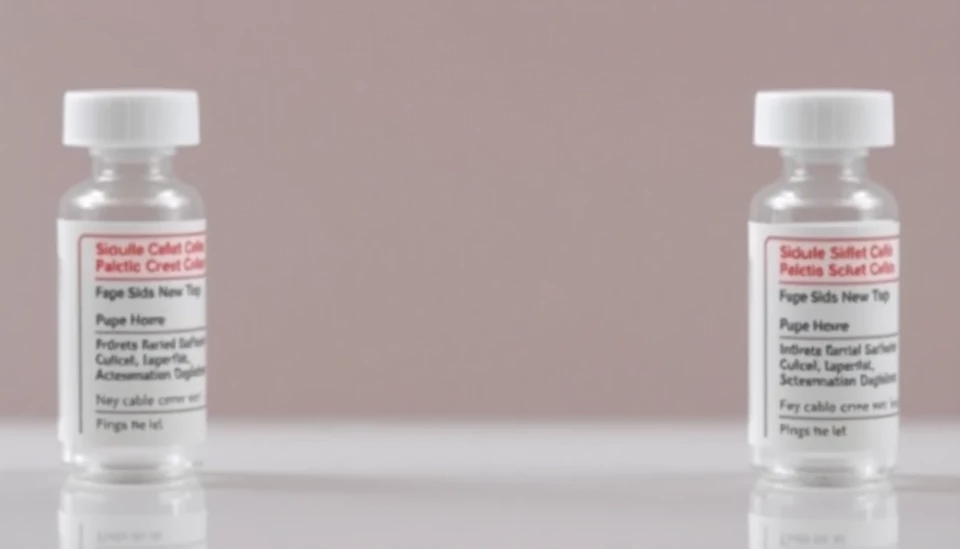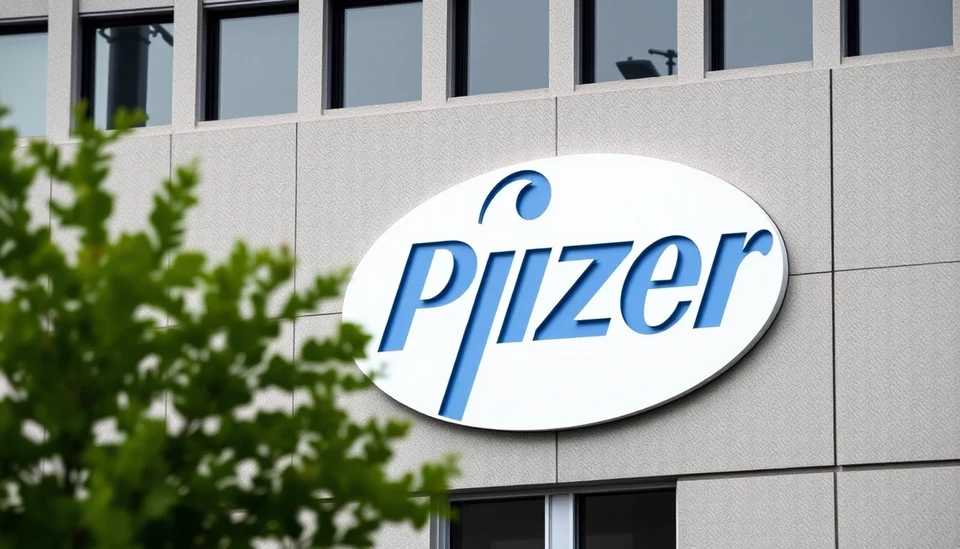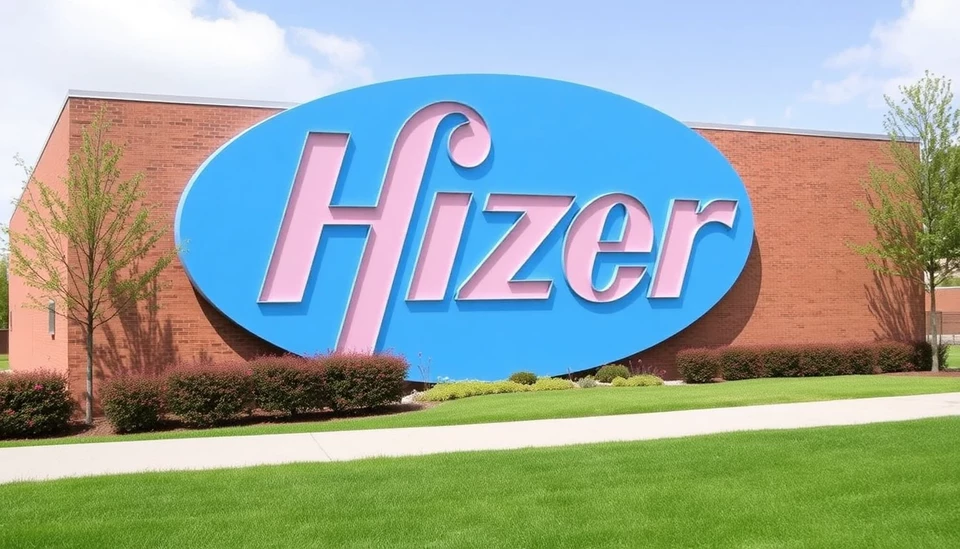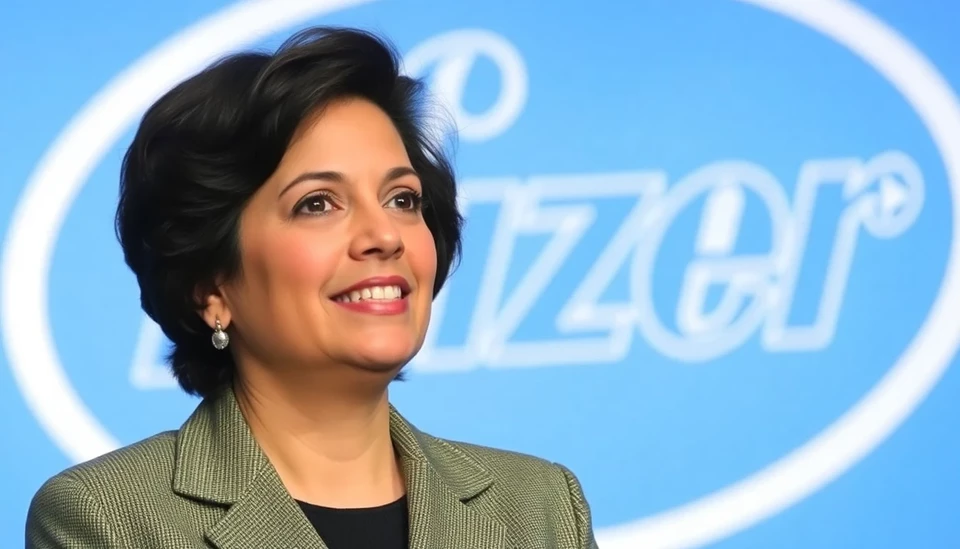
In what is a major development in the pharma space, Pfizer Inc. said that its set of upcoming sickle cell drug candidates remain unaffected by the recent withdrawal of Oxbryta, another medication pointed toward treating the same condition. An update comes amidst increased scrutiny on drug efficacy and regulatory compliance.
The Pfizer candidates are expected to bring a revolution in the treatment of patients with sickle cell disease, a serious, inherited blood disorder affecting at present 70,000 to 100,000 African-Americans. To this effect, the company has been developing these drugs as new therapeutic options for considerably improving the lives of many who are afflicted with this debilitating disease.
Earlier this month, Oxbryta, from Global Blood Therapeutics, was voluntarily pulled from the market due to concerns about its long-term efficacy and possible side effects. The move cast a shadow of uncertainty over the whole sickle cell treatment landscape and raised questions about the viability of other emerging treatments.
However, Pfizer has cushioned these stakeholders by assuring them that their drug candidates showed promising early clinical trials that did not relate to the controversy surrounding Oxbryta. The company repeated once again that strict testing policies and guarantees of patient safety make its treatments stand apart.
Some industry analysts believe that Pfizer's determination to take its sickle cell drug candidates further may give it a foothold to regain confidence in the marketplace. Such a license for their drugs would be a landmark, since it would bring a much-needed solution and hope to a condition for which medical science has considerably lagged behind for a long time.
Sickle cell disease deforms the shape of red blood cells and even causes it to turn sticky. This is the factor that causes severe pain, frequent infection, and at times even strokes. Currently, there are limited treatment options available, and many patients deal with extraordinary challenges in putting up with the symptoms of the disease. Hence, expectations from Pfizer's drug candidates are great as they give a ray of hope for the patients suffering from this disease.
Besides, the way the pharmaceutical giant has been diversifying its treatment portfolio in addressing rare and complex diseases was a strategic manner. With a concerted effort toward comprehensive research and patient-centric drug development, Pfizer seeks to retain its leading position in the biopharmaceutical business.
The latest update underlines the need for continued innovation, complemented by stringent testing in drug development. This also serves to underscore the challenges companies face in bringing new treatments to market-particularly one for a complex condition like sickle cell disease.
Events will continue to unfold, but all eyes of patients, healthcare providers, and investors alike will be on Pfizer's sickle cell drug candidates as they make their way through clinical trials and regulatory review. If approved and commercially successful, these drugs could mark a turning point in the fight against sickle cell disease and bring new hope to millions around the world.
Watch this space for more on this developing story and others like it as major breakthroughs in medical research and new drug development are announced.
#Pfizer #SickleCellDisease #DrugDevelopment #Pharmaceuticals #Healthcare #Oxbryta
Author: Victoria Adams




